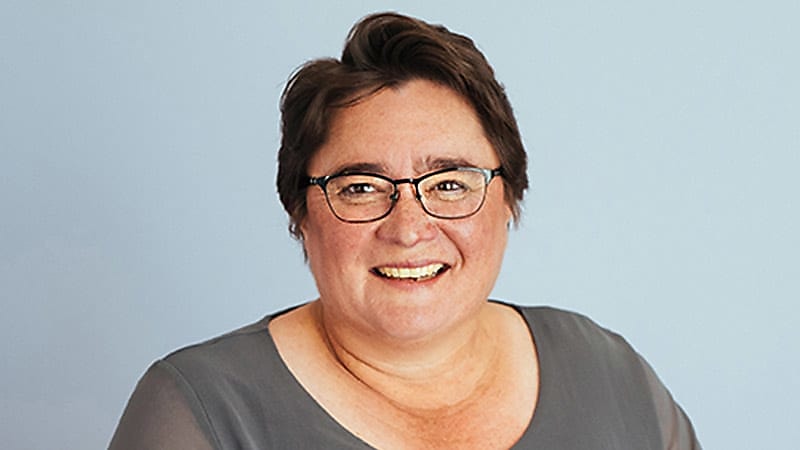Think about super drawdown after 65
A technical expert has suggested older clients with large balances could consider drawing down on their SMSFs to avoid a large death benefit tax.
Ahead of the SMSF Adviser Technical Strategy Day 2023, SMSF services provider Heffron managing director Meg Heffron urged clients between 65 and 75 years of age to consider strategies like re-contributions and methods to improve their estate planning.
A re-contribution strategy entails withdrawing a lump sum after a condition of release is met, paying any required tax on the withdrawal and re-contributing these funds into super as a non-concessional contribution. The revised super balance will potentially consist of all, or more, tax-free components.
This strategy converts all or part of the taxable portion of a member’s super benefit into a tax-free component. From an estate planning perspective, this strategy could reduce the potential tax payable if their super is passed onto beneficiaries not considered to be dependants under taxation law (such as adult children) upon their death.
“Some super members start looking towards their estate planning in their 80s when one member of the couple dies. The surviving partner suddenly realises to their horror that their children could pay a lot of tax on their super if they inherit it,” Ms Heffron warned.
“But it’s too late to do anything about it then. Whereas, there’s plenty of time to do something about it when the members are between 65 and 75. This is the time to look at how much money you want to leave in your super, your last few years of making contributions, and whether that could improve your estate planning.”
At the Technical Strategy Day this year, Ms Heffron will unpack the latest SMSF strategies for older clients, offer tips to reduce tax paid by future beneficiaries, and how to manage the impact of the proposed $3 million super tax threshold.
Ms Heffron said members could be driven to take money out of their super to avoid tax on a death benefit, but added that the proposed $3 million super tax would not necessarily act as an urgent imperative.
The desire to avoid the death benefit tax would prompt members to “focus their minds” and consider extracting money from their super before they die, she remarked.
“Around two decades ago, people who died didn’t necessarily have anywhere near as much in super left when they died as they do today. Back then you had to turn all of your super into a pension or take it out as a lump sum by the time they turned 65,” she said.
“Whereas we’ve had nearly 16 years where that’s not a legal requirement. We’re in a different environment. People will end up with very large accumulation balances but won’t feel pressured to draw down.”
Asking questions about super wealth
However, she flagged that taking money out of the super system all at once, selling assets, and realising capital gains could be counterproductive, and as such, should be avoided.
“But I think the time will come for members to think long-term,” she underscored.
“How much of my wealth do I want in super? Are there some other steps I should take now to start drawing it down gradually? I’m not a fan of suddenly taking everything over $3 million out but I am a fan of thinking about how we could regularly start drawing extra out of super but with the intention of just moving money out of super.”
Ms Heffron noted that the proposed $3 million super tax policy would chiefly impact members over 65 who have accumulated super in an environment that allowed them to contribute larger amounts than they currently can.
“We’ve now had six years of limits on pension, like the transfer balance cap,” she said.
“We’ve got many older people with very large accumulation balances but we’ve got no incentive or legislative requirement to take them out. Therefore, we’re staring down the barrel of large accumulation accounts, encouraged by the legislative settings.”
When asked for thoughts about the $3 million super tax proposal, Ms Heffron said she is “not surprised” that the government would require wealthier members to pay additional tax.
“I think a lot of them would be the first to say they don’t mind paying more tax,” she said.
However, she added: “I think the government has kicked an own [sic] goal in the method they’ve suggested for doing it because there’s a very easy criticism that it picks up taxes on unrealised gains, which, of course, everyone hates.
“So, I think it’s a fundamentally poor design.”
To hear from Meg Heffron about the latest strategies to advise older SMSF clients, come along to the SMSF Adviser Technical Strategy Day 2023.
It will be held in the following locations:
17 October 2023 at Four Seasons, Sydney
18 October 2023 at Rydges Southbank, Brisbane
25 October 2023 at Grand Hyatt, Melbourne
Click here to buy tickets and don’t miss out!
For more information, including agenda and speakers, click here.








